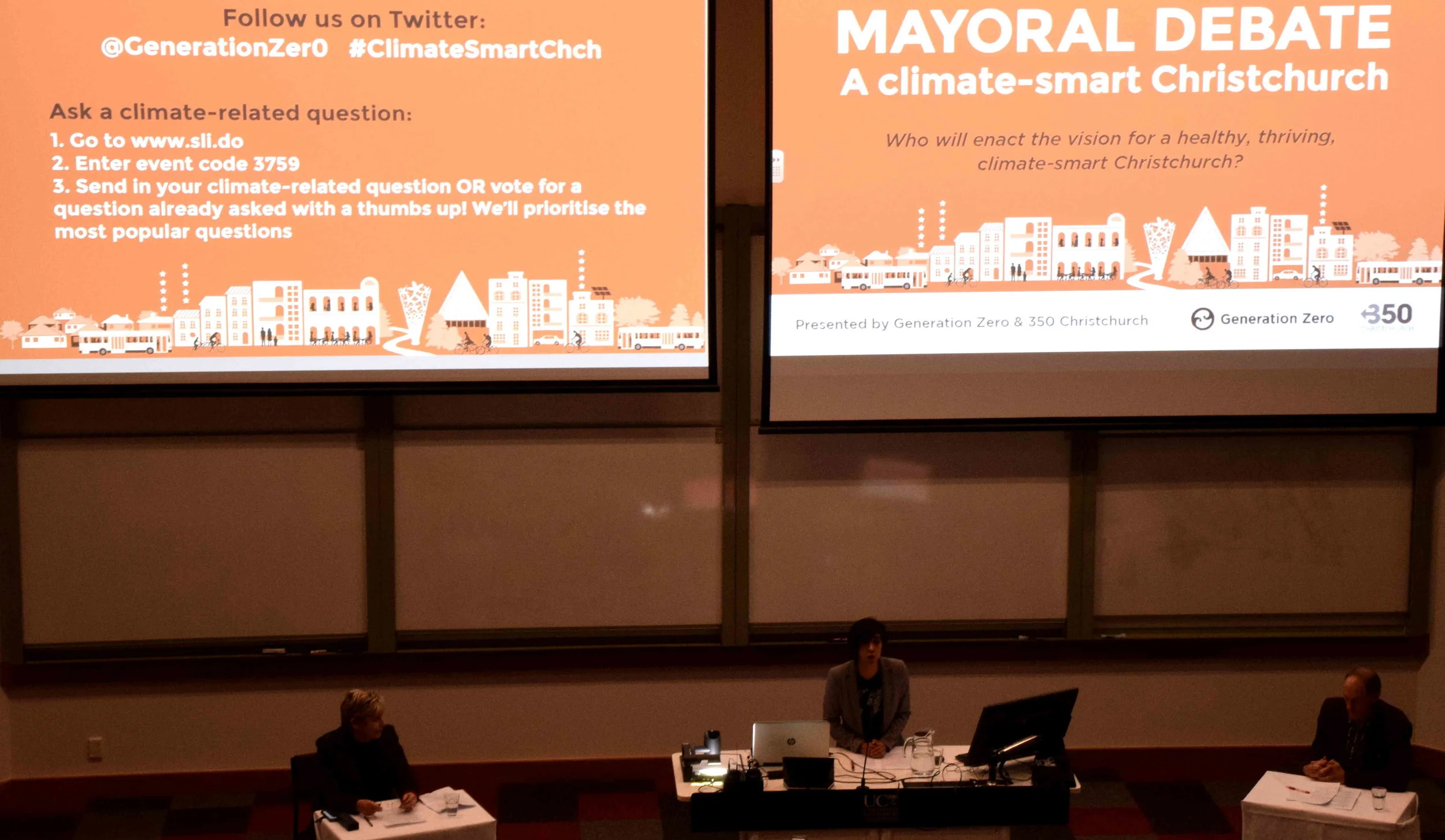Migrants: Not much discussion on the opportunities migrants offer to NZ businesses - HT Group's research
HTG and social trends research company, Windshift, have just completed a major research project among migrants.
"We spent 100 hours conducting in-home interviews as well as a national survey comparing NZ born and migrant New Zealanders. We found that migrants tend to be highly educated middle class people who are savvy consumers and well disposed towards New Zealand brands. Migrants are loyal to brands that clearly demonstrate they value migrants’ business. Sixty five percent are educated to degree level or above compared with just 36% of those that are New Zealand born. And 72% consider themselves financially stable or prospering, compared with 54% of New Zealand born," notes Windshift.
“There has been much discussion about immigration recently, but none has really centred on what a huge opportunity this group offers New Zealand businesses,” added HT Group’s MD Mike Hall-Taylor.
Most companies base their thinking around the traditional bicultural Kiwi model rather than thinking about the messages and actions that will make immigrant consumers feel embraced by and engaged with a brand, Hall-Taylor says.
“They may use diverse actors in their advertising or translate communications into different languages but it is about incorporating diverse thinking into campaigns at the outset.”
The research also found that the top five Kiwi brands rated by migrants are Pak n Save, TradeMe, Whittakers, Air New Zealand and ASB.
"All were felt to be friendly, offer cost savings or make life easier for migrants. Pak n Save, for example, was recognised for having a wide range of ethnic products and for being much better value for money. ASB was acknowledged for actively makes life easier for new migrants, speaking their language and offering hassle free service," it said.
Other findings:
Migrants with poor English would avoid products and services where communication was difficult. For example food products that don’t have a product picture on the packaging. Or the technicalities of insurance which would be difficult without a broker who could also act as a translator.
Often describing themselves as people who “think outside the box”, compared with their friends that remained in their home country, the majority of migrants considered themselves cosmopolitan, experimental, ambitious, hard-working and optimistic about their new life.
Migrants felt the New Zealand culture allowed for a new healthier lifestyle, with 38% of long-term migrants on a low-sugar diet (compared to 22% NZ born) and almost a quarter (24%) of recent migrants eating organic (compared to 14% NZ born).



